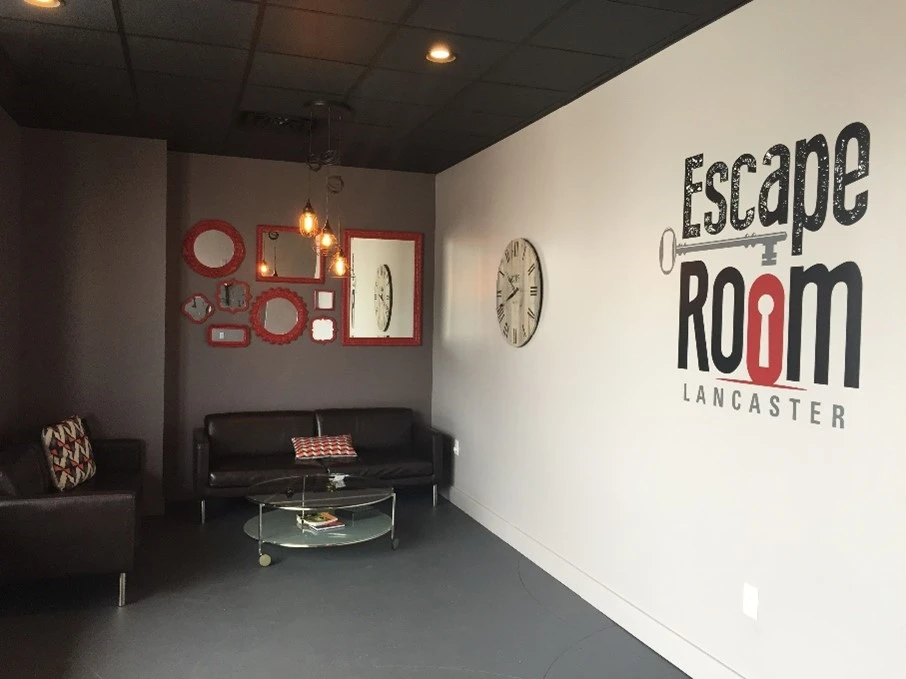Task 1
Imagine that you are preparing a project with your friend. You have found some interesting material for the presentation and you want to read this text to your friend. You have 1.5 minutes to read the text silently, then be ready to read it out aloud. You will not have more than 1.5 minutes to read it.
Every living thing has a particular place in which it lives, and we call this place its habitat. A good habitat provides everything an organism needs to survive. It provides food and shelter, places for breeding or laying eggs, the right kind of climate, and so on. Every particular type of organism, or species, needs a particular type of natural habitat. For some species it could be deep in a forest, while for others it could be deep in the ocean. No matter what type of habitat a species needs, it will have to share it with other species who have adapted to the same natural environment.
When many species share a particular habitat, some species will be food for other species, which in turn might be food for others even higher up the food chain. Food chains are just one of many relationship networks within a habitat that together form what we call an ecosystem.
Task 2
Study the advertisement.
WE OFFER A TEAM BUILDING EXPERIENCE LIKE NO OTHER!

You are going to have fun in this escape room and now you’d like to get more information. In 1.5 minutes you are to ask four direct questions to find out about the following:
- number of players the games are designed for
- game duration
- price
- online escape adventures
You have 20 seconds to ask each question.
Task 3
You are going to give an interview. You have to answer five questions. Give full answers to the questions (2–3 sentences). Remember that you have 40 seconds to answer each question.
Tapescript for Task 3
Interviewer: Hello everybody! It’s Teenagers Round the World Channel. Our guest today is a teenager from Russia and we are going to discuss environmental pollution. We’d like to know our guest’s point of view on this issue. Please answer five questions. So, let’s get started.
Interviewer: How do you personally contribute to reducing environmental pollution in your daily life?
Student: _________________________
Interviewer: What are the main sources of pollution in your region, and how do they affect the environment and the community?
Student: _________________________
Interviewer: Do you believe that public awareness and community involvement are crucial in fighting environmental pollution? How can individuals make a difference?
Student: _________________________
Interviewer: Why do you think it is hard to solve environmental problems?
Student: _________________________
Interviewer: What will happen if we don’t take steps to stop air, water and land pollution?
Student: _________________________
Interviewer: Thank you very much for your interview.
Task 4
Imagine that you and your friend are doing a school project “Mass media forms”. You have found some photos to illustrate it but for technical reasons you cannot send them now. Leave a voice message to your friend explaining your choice of the photos and sharing some ideas about the project. In 2.5 minutes be ready to:
- explain the choice of the illustrations for the project by briefly describing them and noting the differences;
- mention the advantages (1–2) of the two forms of mass media;
- mention the disadvantages (1–2) of the two forms of mass media;
- express your opinion on the subject of the project – which of the mass media forms presented in the pictures you’d prefer and why.
You will speak for not more than 3 minutes (12–15 sentences). You have to talk continuously.

